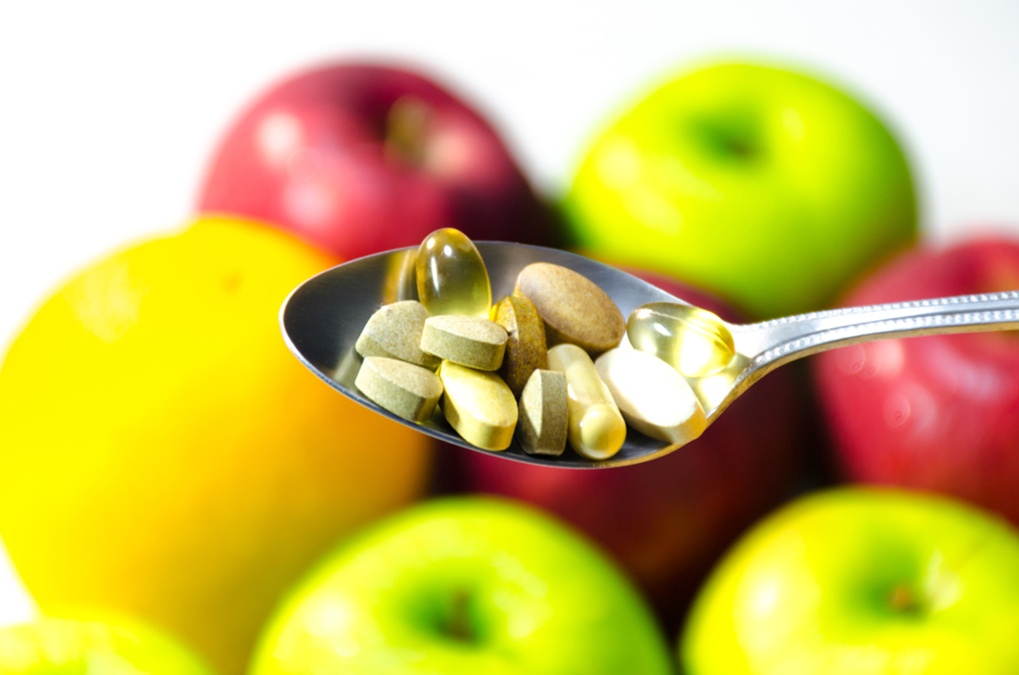 A new supplement called Ubiquinol has been gaining a huge amount of popularity in recent years and is now being sold in most health food stores.
A new supplement called Ubiquinol has been gaining a huge amount of popularity in recent years and is now being sold in most health food stores.
This supplement has been claimed to be of help with a variety of serious diseases, such as dementia, cardiovascular disease, and type 2 diabetes.
However, until now, very few scientific studies have been done to test the real effect of it.
This all changed with a new study that was published by the British Journal of Nutrition where Taiwanese scientists put this supplement to the test on 50 type 2 diabetic subjects.
Before moving to the studies, a quick explanation would be necessary.
Enzymes are molecules in your body that, should it be missing, almost no chemical reactions can occur. Without them, your body will be a lot less productive at doing…well, absolutely everything.
However, for enzymes to work, they need co-enzymes to pair with. One of the most important coenzymes is called Coenzyme Q10, or more briefly known as CoQ10.
Your body produces this naturally and it is essential for the creation of cell energy. In other words, all your organs would work with more productively if they had plenty of CoQ10.
That is why CoQ10 has become one of the most popular supplements, especially since your body produces lesser amounts of it as you age.
However, since your body converts CoQ10 to a more advanced and productive form called ubiquinol, supplement manufacturers have now started making to make ubiquinol directly.
In this new research, scientists divided their 50 type 2 diabetic subjects into two groups:
– the first group received 33mg of ubiquinol three times a day.
– the second received a fake tablet (placebo) on the same schedule.
They collected blood samples throughout the study to test their participant’s blood glucose, insulin levels, cholesterol, and antioxidant activity.
After 12 weeks, they found that the ubiquinol group had lower Hemoglobin A1c levels when compared to the placebo group, meaning that their average levels of blood sugar (glucose) were lower over that period.
They also found that the ubiquinol group had a slightly lower level of fasting glucose than the placebo group.
While oxidative stress was not found to be lower in the ubiquinol group, they were found to have antioxidants that are more active in their bodies than the placebo group, along with lower insulin resistance, and lower insulin levels.
Many of the diabetic participants could even give up their diabetes medication.
The ubiquinol group also had higher HDL cholesterol, suggesting that ubiquinol helped to keep this healthier type of cholesterol at optimum levels.
This study thus seems promising. Therefore, it might be worth the effort to hopscotch your way to your local health food store and try ubiquinol out for 12 weeks or so.

 Overcoming IBD
Overcoming IBD Multiple Sclerosis
Multiple Sclerosis Banishing Bronchitis
Banishing Bronchitis Gum Disease Gone
Gum Disease Gone Overcoming Onychomycosis
Overcoming Onychomycosis Neuropathy No More
Neuropathy No More The Prostate Protocol
The Prostate Protocol Brain Booster
Brain Booster
 Ironbound
Ironbound
 Solution for Shingles
Solution for Shingles
 The Bone Density Solution
The Bone Density Solution
 The Ultimate Healing Protocol
The Ultimate Healing Protocol
 The Parkinson's Protocol
The Parkinson's Protocol
 The Chronic Kidney Disease Solution
The Chronic Kidney Disease Solution
 Overthrowing Anxiety
Overthrowing Anxiety The Fatty Liver Solution
The Fatty Liver Solution The Hypothyroidism Solution
The Hypothyroidism Solution
 The End of Gout
The End of Gout The Blood Pressure Program
The Blood Pressure Program
 The Oxigized Cholesterol Strategy
The Oxigized Cholesterol Strategy
 Stop Snoring And Sleep Apnea Program
Stop Snoring And Sleep Apnea Program
 The Arthritis Strategy
The Arthritis Strategy The Vertigo & Dizziness Program
The Vertigo & Dizziness Program The 3-Step Diabetes Strategy
The 3-Step Diabetes Strategy Hemorrhoids Healing Protocol
Hemorrhoids Healing Protocol The Erectile Dysfunction Master
The Erectile Dysfunction Master Weight Loss Breeze
Weight Loss Breeze The IBS Program
The IBS Program The Insomnia Program
The Insomnia Program The Migraine and Headache Program
The Migraine and Headache Program The Neck Pain Solution
The Neck Pain Solution The Menopause Solution
The Menopause Solution The Ejaculation Master
The Ejaculation Master The TMJ Solution
The TMJ Solution The Acid Reflux Solution
The Acid Reflux Solution The Fibromyalgia Solution
The Fibromyalgia Solution The Psoriasis Strategy
The Psoriasis Strategy